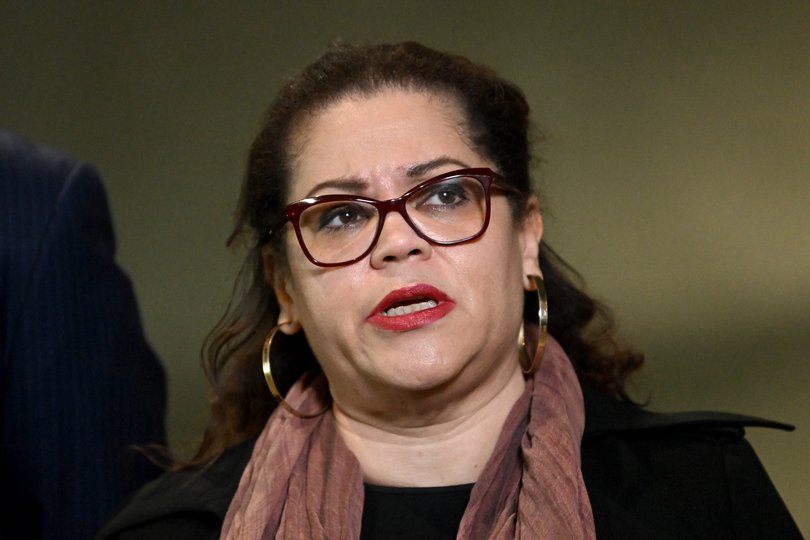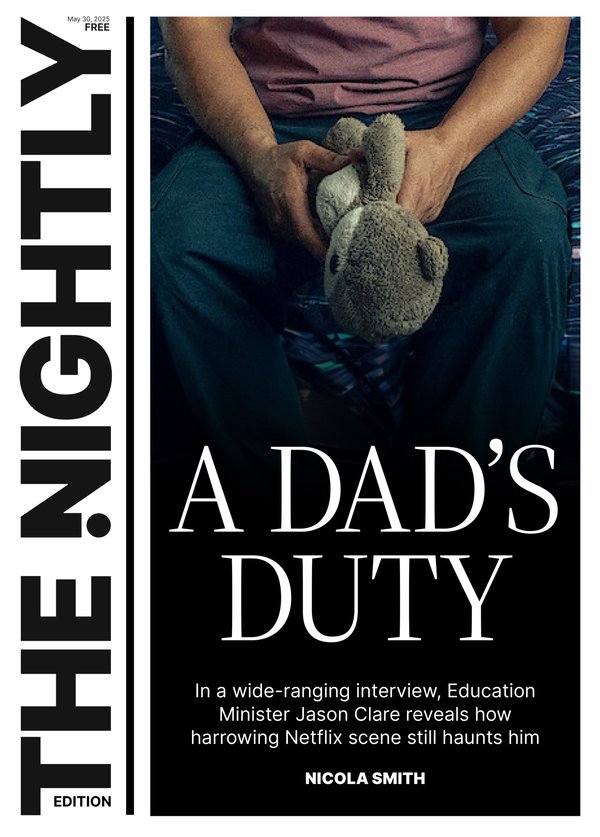AFL CEO Andrew Dillon defends splitting Laura Kane’s job into two roles and Tanya Hosch’s exit
AFL chief Andrew Dillon insists there’s nothing personal in the demotion of Laura Kane while brushing off fierce criticism of the umpiring standard.
Dillon has gone on the Friday hustings after his reshuffle of the AFL executive cost Indigenous identity Tanya Hosch her role and pushed Kane down the pecking order.
Kane’s job has been split, with the 34-year-old no longer overseeing key football areas.
Sign up to The Nightly's newsletters.
Get the first look at the digital newspaper, curated daily stories and breaking headlines delivered to your inbox.
By continuing you agree to our Terms and Privacy Policy.“It was a big, big role,” Dillon told SEN radio on Friday.
“Decisions affect people but they’re not personal.
“It’s actually about what’s the right thing for the AFL, not just for now, because the AFL’s in an incredible position at the moment.
“ ... We have now got a structure that actually allows us to continue to be successful for the next three to five years and that was the thinking.”
In a separate interview on ABC Radio, Dillon rejected the notion that unconscious gender bias was a factor in Kane’s dealings with clubs and subsequent demotion.
“It’s not a gender thing,” he said.
“Laura has broken down a lot of barriers. She is an incredibly talented administrator.”

Hosch’s position of inclusion and social policy manager will no longer exist as a separate role once the first Indigenous member of the AFL executive leaves on June 6.
Instead, the existing corporate affairs portfolio will include First Nations engagement and inclusion.
Asked about Hosch’s departure, Dillon said on SEN: “What we will have now is more voices and more leaders all across the industry in all of the work that Tanya was doing.”
The AFL boss also launched in defence of the standard of umpiring this season which has attracted great scrutiny.
Dillon described the umpiring fraternity as “incredibly talented ... great decision-makers”.
“You strive for perfection but you know you’re now going to get that in umpiring,” he said.
“We don’t get it with the players either.
“But you have to do to is get as close as you can and that is a continued work in progress.
“You can pick out isolated incidents of any game and say that it’s battling.
“What you have to do is actually look at all nine games over the weekend ... picking isolated incidents isn’t the way that you judge the umpires.”
Dillon said the system of four field umpires, which some pundits believe has created inconsistency, would prove its worth.
“We’re a couple of seasons into the four umpires, it’s a work in progress,” he said.
“What it does have, it allows ... umpires to be in better positions to make the calls. It’s less physically taxing on them.
“When we brought the four umpires in, we expanded the list so we have a number of umpires who are in the early parts of their career.
“So I think over the medium and longer term it’s going to be successful.”

